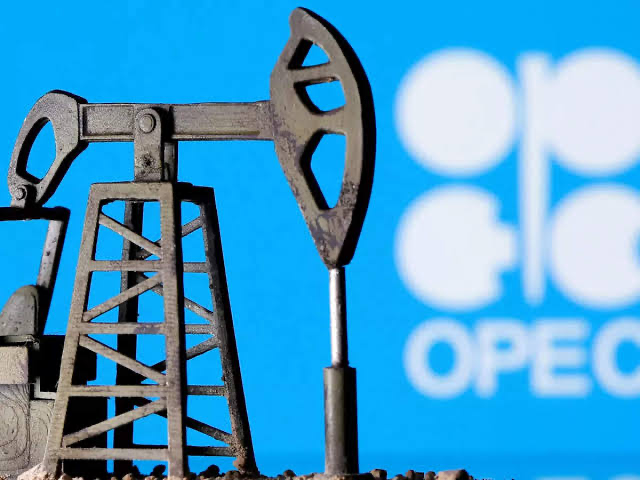Despite concerted efforts by Nigerian authorities to meet the Organisation of Petroleum Exporting Countries (OPEC) production quotas in 2023, the country fell short, marking a continued challenge despite making appreciable progress compared to 2022. This shortfall was highlighted by a deficit of 40 million barrels in the fourth quarter of 2023, as reported by OPEC and the Nigerian Upstream Petroleum Regulatory Commission (NUPRC) and analysed by THISDAY.
According to a report by This Day Live, Nigeria’s failure to produce an additional 435,000 barrels per day between October and December significantly contributed to its inability to meet foreign exchange obligations, undermining the nation’s economic stability. The country was underproduced by 32.6% of its OPEC quota during this quarter, achieving only 120.76 million barrels against the allocated 160.2 million barrels.
In January 2023, the then Minister of State for Petroleum Resources, Chief Timipre Sylva, optimistically stated that Nigeria would meet its OPEC quota by May. This confidence was based on strategies to improve pipeline security and curb oil theft and vandalism. However, the end of 2023 revealed a different outcome, with Nigeria averaging just 1.3 million barrels per day in the quarter, rather than the targeted 1.742 million barrels per day.
The Nigerian National Petroleum Company Limited (NNPC), led by Group Chief Executive Officer Mallam Mele Kyari, had projected a more ambitious target of 2.2 million barrels per day in 2023. This figure included condensates, which are outside the OPEC quota. Kyari’s optimistic outlook, however, did not materialize as planned.
The failure to meet OPEC quotas has been a persistent issue for Nigeria, impacting the country’s main source of foreign exchange and exerting pressure on the local currency, the naira. The shortfall in production, particularly evident in the last quarter of 2023, has resulted in a significant financial loss. Calculating the 40 million barrel deficit at a conservative price of $80 per barrel, Nigeria lost an estimated $3.2 billion during the October to December period.
This underproduction has been attributed to factors such as oil theft, asset vandalism, sabotage, and declining investment in the oil sector. With the new OPEC quota for Nigeria set at 1.5 million barrels per day, Senator Heineken Lokpobiri, the new Minister of State for Petroleum, remains optimistic about reaching this target in 2024. He assures that efforts are being made to resolve the issues hindering Nigeria’s ability to meet its production objectives.



